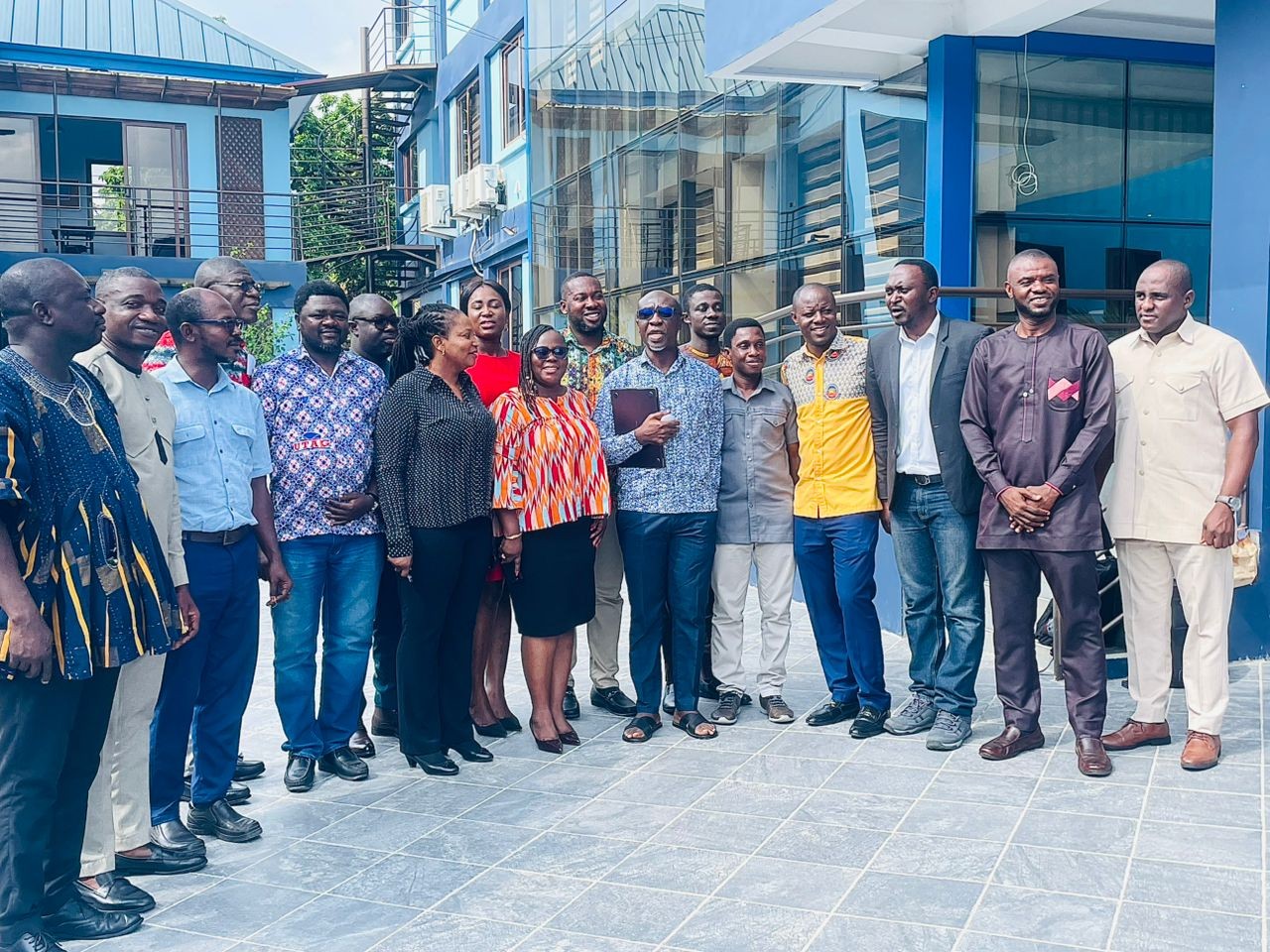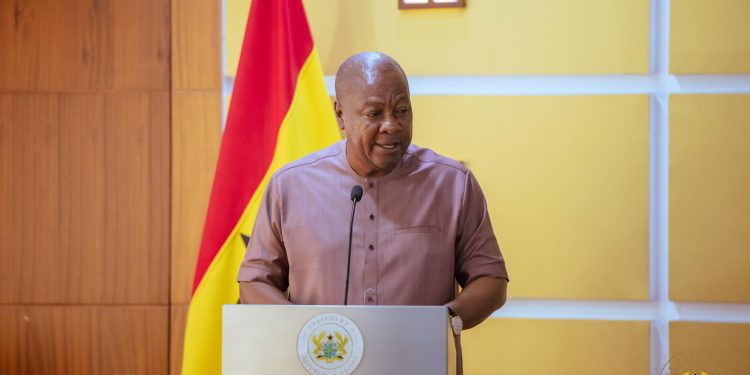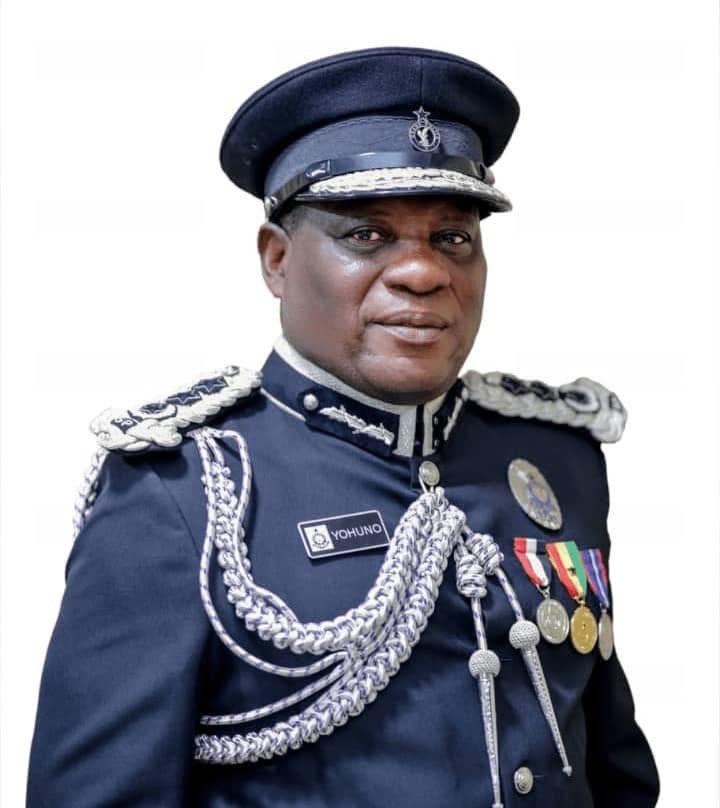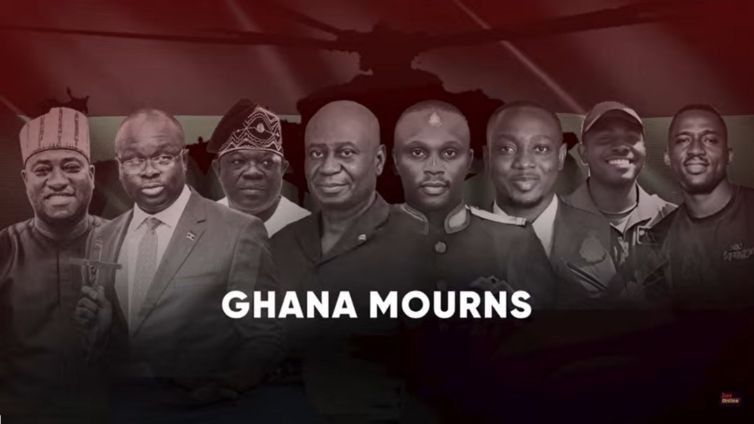The Africa Coalition for Academic Freedom (ACAF) has held a one-day training workshop for academic unions across the country to equip them with the requisite knowledge and tools needed to safeguard academic freedom and strengthen collective advocacy in higher education.
The workshop held in Accra brought together lecturers, union leaders, and academic heads from various tertiary institutions to examine key dimensions of academic freedom — including its definition, legal foundations, emerging threats, and strategies for protecting it within institutional and national frameworks.
Speaking at the training, Professor Appiagyei-Atua, ACAF Regional Director and a senior lecturer at the University of Ghana School of Law, emphasized the urgent need to raise awareness of academic rights within the academic community.
“Many academics are not fully aware of the rights they have, yet academic freedom is central to their work. It enables them to research, teach, and express ideas without fear,” he said. “These training sessions are designed to build the capacity of university staff, management, and students to understand and defend these rights.”
He explained that the workshop explored legal protections under Ghanaian law and international human rights conventions, while also equipping participants with tools to identify and respond to violations of academic freedom.
“You cannot defend your rights if you do not understand them. We guided participants through the legal architecture supporting academic freedom and practical ways to address threats,” he noted.
Professor Appiagyei-Atua also underscored the importance of coupling rights with responsibility. “Academic freedom is not a licence to act without accountability. It is a necessary condition for quality scholarship and national development. Protecting it requires unity, active collaboration, and sustained engagement with students, management, and civil society,” he added.
He further called for stronger ties between the academic sector and the media to raise public awareness and amplify advocacy. He noted that ACAF had recently organized training for journalists to help them better understand and report on academic freedom issues.
Dr. Kofi Koranteng, a Senior Lecturer at the University of Ghana’s Department of Distance Education, identified political instability as one of the growing threats to academic freedom on the continent.
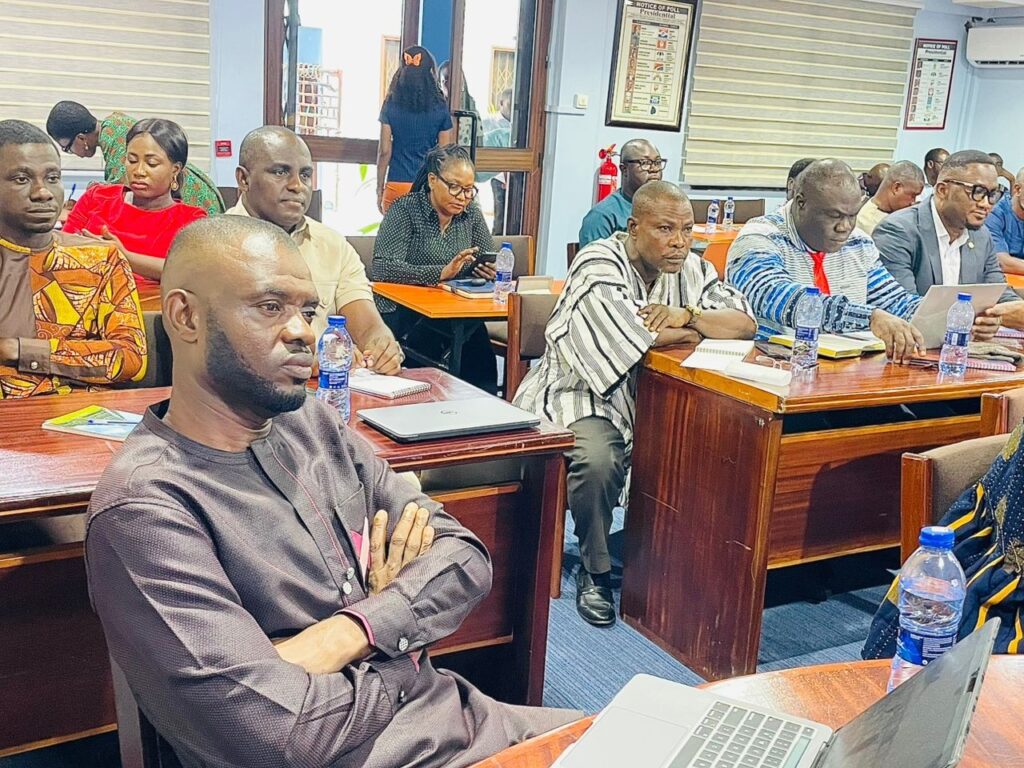
“Africa has witnessed 11 coups since 2011. These unconstitutional changes in government severely affect academic institutions and intellectual spaces,” he stated. “Academics must lead the fight to defend their rights. We cannot rely on governments to do it for us.”
Dr. Koranteng also pointed to internal challenges such as the suppression of dissenting voices and undue delays in academic promotions, urging unions to confront these issues collectively.
“This workshop has provided a timely platform to reflect, strategize, and build stronger networks. We must continue organizing to secure academic freedom as a pillar of democratic development,” he said.
Participants engaged in in-depth discussions on national and international legal instruments, mechanisms for detecting rights violations, and approaches to mobilizing the academic community to protect academic freedom.
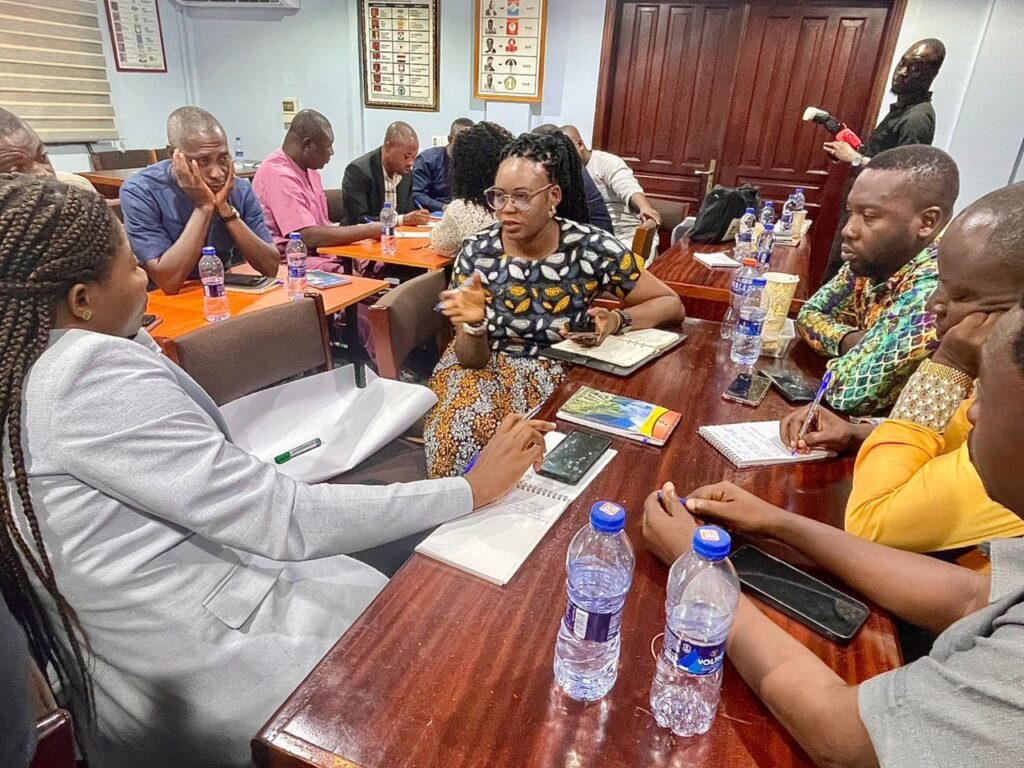
Source: Isaac Kofi Dzokpo
Share Us
